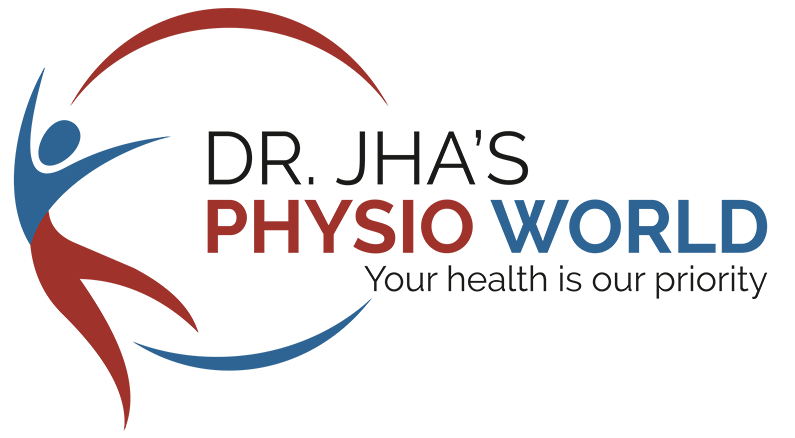
A slipped disc, also known as a herniated disc, can be a painful and debilitating condition. While physiotherapy is a cornerstone of treatment, often overlooked is the crucial role of diet and nutrition in aiding recovery. Our Best Physiotherapist in Mumbai, believe in a holistic approach to healing, and proper nutrition is an integral part of that.
The Link Between Diet and Slipped Disc Recovery
Your diet plays a significant role in managing inflammation, supporting tissue repair, and maintaining a healthy weight – all of which are essential for optimal slipped disc recovery. Certain nutrients and foods can help reduce inflammation, while others can contribute to it. By making informed food choices, you can accelerate your healing process and alleviate discomfort.
What to Eat for Slipped Disc Recovery
A balanced diet rich in anti-inflammatory foods is key. Here are some food groups to focus on:
Anti-inflammatory Foods: These foods help reduce inflammation, which can contribute to disc pain. Include plenty of:
- Fatty fish (salmon, mackerel, tuna): Rich in omega-3 fatty acids, which have powerful anti-inflammatory properties.
- Leafy green vegetables (spinach, kale, collard greens): Packed with antioxidants and vitamins.
- Berries (blueberries, strawberries, raspberries): High in antioxidants that combat inflammation.
- Turmeric: This golden spice has potent anti-inflammatory properties.
- Extra virgin olive oil: A healthy fat with anti-inflammatory benefits.
Protein-Rich Foods: Protein is essential for tissue repair and muscle building. Incorporate lean sources like:
- Chicken, turkey, fish
- Beans, lentils, tofu
- Eggs
- Greek yogurt
Calcium-Rich Foods: Calcium is vital for bone health, which indirectly supports spinal health. Good sources include:
- Dairy products (milk, yogurt, cheese)
- Leafy green vegetables
- Fortified plant-based milk
Fiber-Rich Foods: Fiber aids digestion and helps maintain a healthy weight, reducing pressure on the spine. Include:
- Whole grains (brown rice, quinoa, whole wheat bread)
- Fruits and vegetables
- Legumes
Foods to Limit or Avoid
While focusing on beneficial foods, it’s also important to limit or avoid those that can exacerbate inflammation or contribute to weight gain:
- Processed foods: High in unhealthy fats, sodium, and added sugars.
- Red meat: Can be inflammatory for some people.
- Refined carbohydrates: Contribute to weight gain and blood sugar fluctuations.
- Sugary drinks: High in calories and provide little nutritional value.
Hydration is Key
Staying hydrated is crucial for overall health and disc recovery. Aim to drink plenty of water throughout the day.
Consult a Physiotherapist and Dietitian
While this blog provides general guidelines, it’s essential to consult with a healthcare professional for personalized advice. A physiotherapist, like those at our physiotherapy clinic in Chembur, can assess your specific condition and recommend appropriate exercises and lifestyle modifications. A registered dietitian can create a tailored meal plan based on your individual needs and preferences.
Remember: Diet is just one aspect of managing slipped disc. Combining it with physiotherapy, regular exercise, and adequate rest will optimize your recovery and help you regain your mobility and quality of life.
Contact us at Dr Jha’s Physioworld to schedule an appointment and take the first step towards a pain-free life. Our experienced physiotherapists will work with you to develop a comprehensive treatment plan that includes diet and nutrition counseling.







